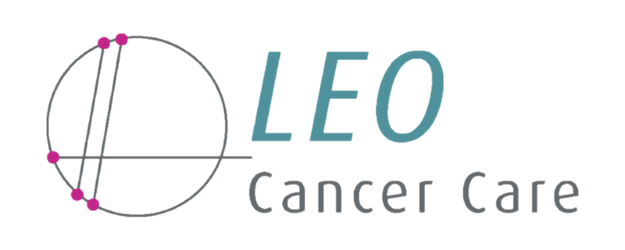Global Experts Reconvene for Second Year as Upright Radiotherapy Research Consortium Gathers Momentum
A day-long consortium meeting will build on the momentum growing within industry, clinics and research institutions around the potential of upright radiotherapy delivery.
The second in-person meeting of the Upright Radiotherapy Research Consortium takes place in Glasgow on May 3, coinciding with the annual ESTRO (European Society for Radiotherapy and Oncology) 2024 congress which runs from May 3-7 and also has a specific session on upright radiotherapy on May 6.
The overriding message of the consortium meeting is “science first” with sessions open to anyone interested in upright radiotherapy.
Bench to bedside
The event aims to further build on the community of researchers interested in upright radiotherapy, as well as provide updates on findings and data, and coordinate research efforts and collaboration.
Dr Lennart Volz from the Department of Biophysics at the GSI Helmholtz Centre for Heavy Ion Research in Germany and part of the 2024 event organisation team, said there is currently a “global surge in interest” in upright radiotherapy, research, clinical application and industry.
“It is not a question any more of whether upright will be happening, We are already seeing it happening in the clinics with many centres around the world having obtained upright patient positioners or had their first patient experience with upright radiotherapy. That means our current research efforts need to go from bench to bedside; we need to translate all of these advances to the clinics.”
Programme highlights
Another of the meeting hosts is Dr Tracy Underwood, Head of Translational Research with upright technology manufacturer Leo Cancer Care, and an honorary Senior Research Fellow at University College London.
She said the day-long consortium features an array of experts and prominent speakers in the field.
Programme highlights include a presentation from Dr Nick Hardcastle from the Peter MacCallum Cancer Centre in Melbourne, Australia, who will present findings from an Australian clinical trial which combines cone beam CT on a regular linac (linear accelerator) with an in-house rotating platform.
Dr Elizabeth Chabner, a radiation oncologist with a passion for innovation, has developed a specialised bra as a radiotherapy accessory and will discuss its potential for use in upright treatments for breast cancer, while Dr Jon Feldman from Sharett Institute of Oncology, Hadassah Medical Center, will report on upright proton therapy for head and neck cancer taking place in Israel.
The meeting will close with an hour-long moderated panel discussion with senior figures from the radiotherapy arena discussing the case “for and against upright radiotherapy”, focussing on potential benefits as well as concerns around upright treatments.
Coffee connections
A new introduction for the event in Glasgow are the “coffee connections” opportunities.
Dr Underwood explained: “This is where those new to the field of upright radiotherapy can opt to be paired with a more experienced researcher for a chat.”
She will also present research on patient perspectives on upright positioning at the consortium meeting.
“We’re proud of the scientific community that we’re building and we’re thankful to everyone who’s joined and shaped it,” added Dr Underwood.
“The community has already led to joint grant applications, secondments, and publications. No longer is this a niche topic, it is starting to attract significant attention in the wider radiotherapy community.”
As well as a session in the main ESTRO congress on upright radiotherapy, she said there will also be a related ESTRO physics workshop later in the year.
Expertise and energy
For 2024, Dr Petra Trnkova from the Medical University of Vienna, Dr Ye Zhang, from the Paul Scherrer Institute and Dr Volz joined the consortium scientific committee, bringing their expertise and energy.
While there is a momentum, the organisers do acknowledge there are questions to address in the field of upright technology related to clinical workflow, the industrial commercialisation of such devices and research questions about breathing, motion, and the best way to position patients.
But the hope is that delegates will gain a clear insight into meeting these challenges and the latest developments and innovation within the sphere of upright radiotherapy from the consortium meeting.
For more information:
The second in-person meeting of the Upright Radiotherapy Research Consortium takes place on May 3 at The Haberdashery, Glasgow, from 8.30am. The meeting, sponsored by Leo Cancer Care, is free to attend, but places are limited. Please register before April 10 at https://bit.ly/UprightRTmeeting or follow the QR code on the programme. For more information, contact hello@uprightresearchconsortium.com


